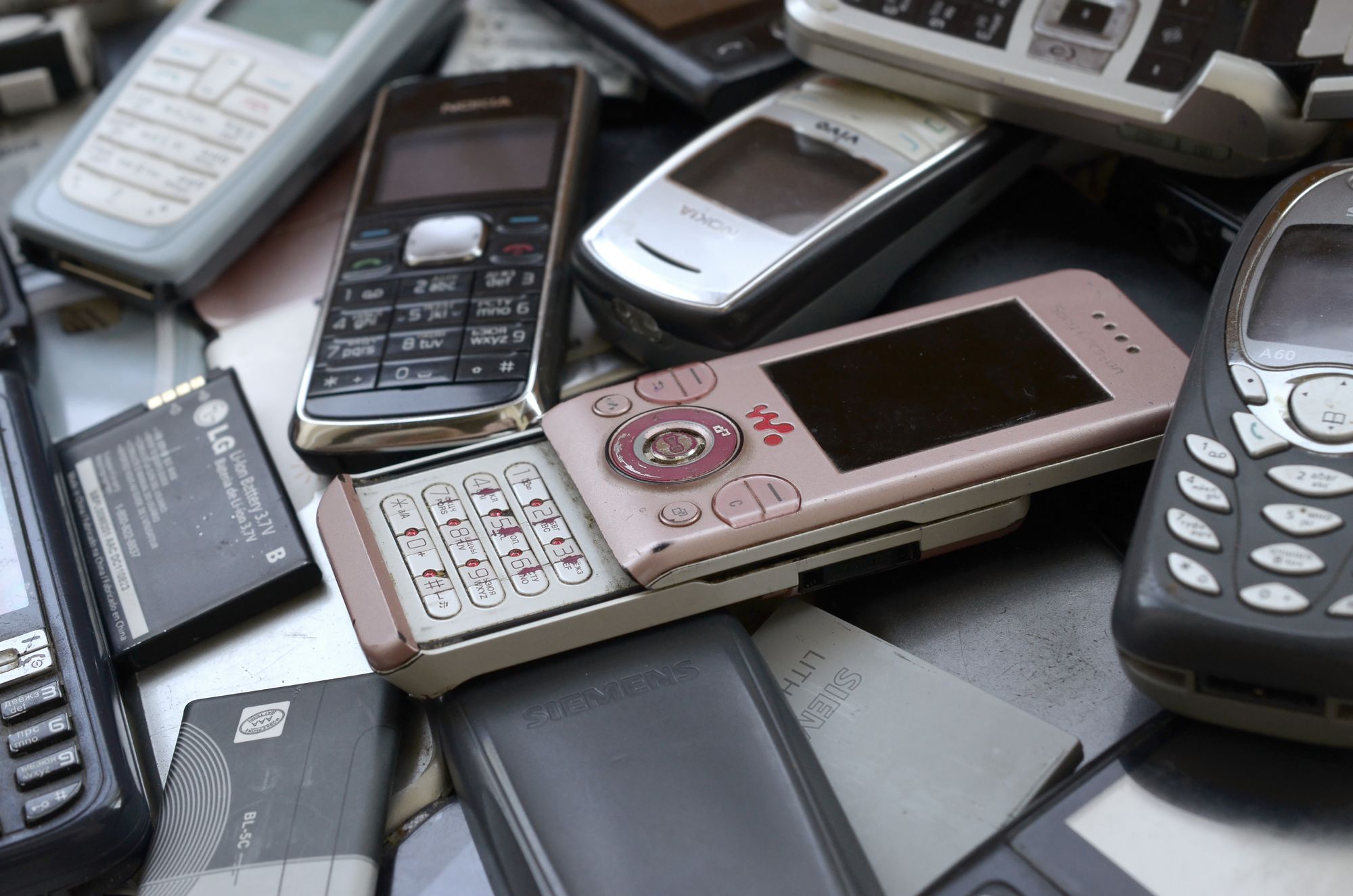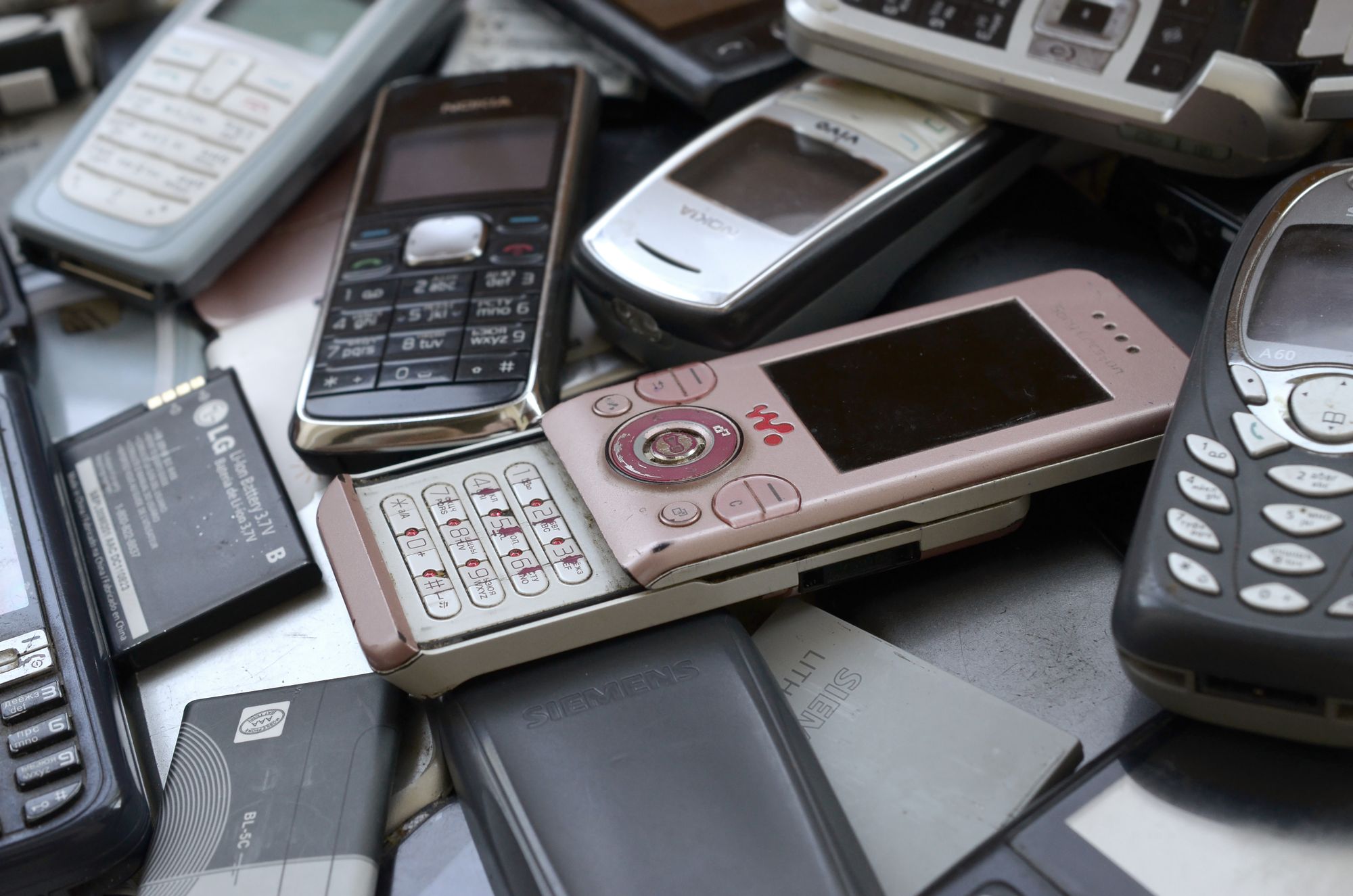Smartphones and Our Children
There is compelling evidence that the devices we’ve placed in young people’s hands are having profound effects on their lives—and making them seriously unhappy.


I just want to highlight some points from an article I just read in The Atlantic.
“There is compelling evidence that the devices we’ve placed in young people’s hands are having profound effects on their lives—and making them seriously unhappy.”
Like her peers, Athena is an expert at tuning out her parents so she can focus on her phone.
Teens who spend more time than average on screen activities are more likely to be unhappy, and those who spend more time than average on nonscreen activities are more likely to be happy.
There’s not a single exception. All screen activities are linked to less happiness, and all nonscreen activities are linked to more happiness.
The more time teens spend looking at screens, the more likely they are to report symptoms of depression
“What does that feel like, when you’re trying to talk to somebody face-to-face and they’re not looking at you?,” I asked. “It kind of hurts,”


